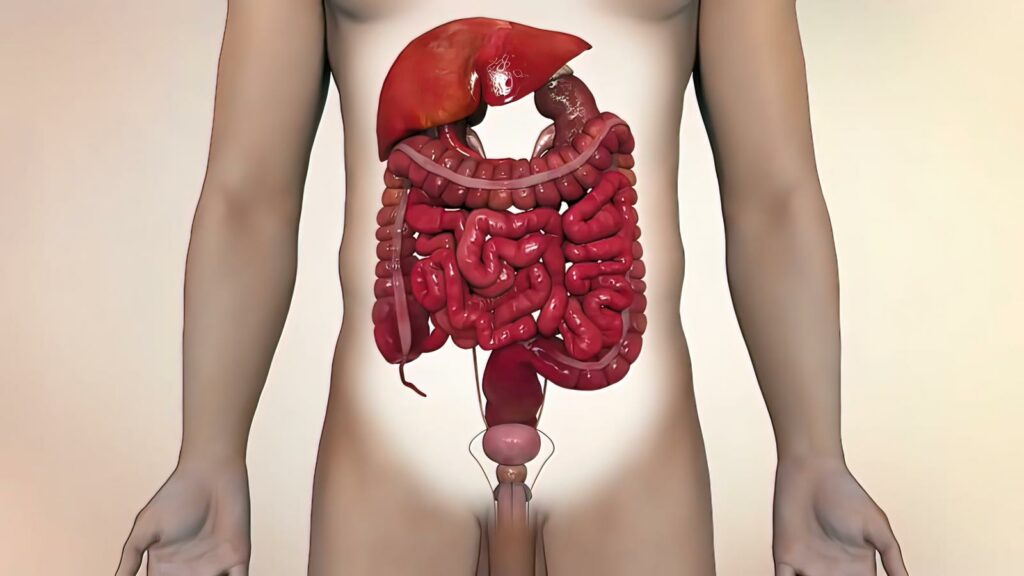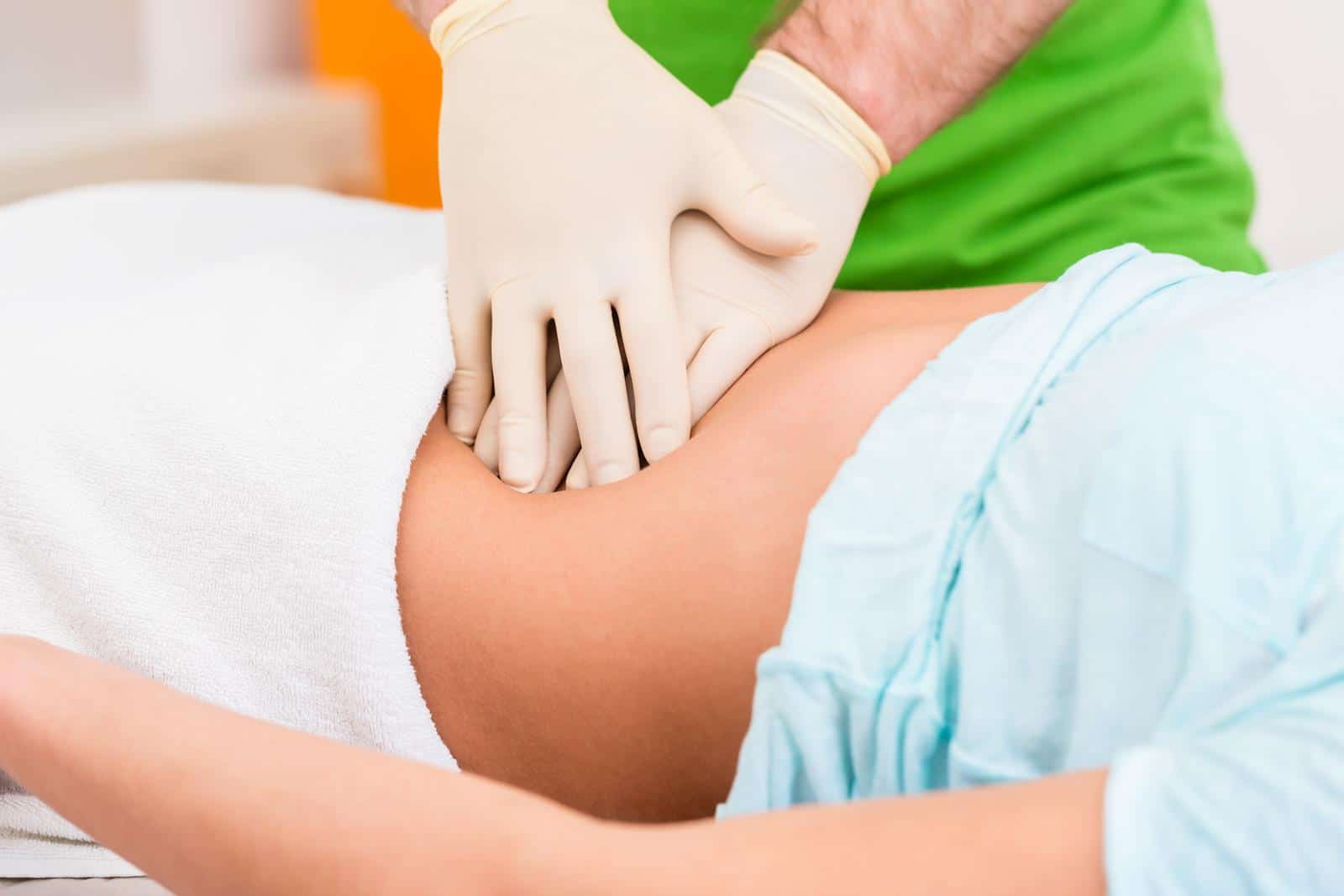The third most commonly diagnosed type of cancer is colorectal cancer. In fact, it is also the second leading cause of death among cancer patients in the US. Well, this clearly states how important it is to take good care of your colon. A therapy that has gained quite a demand for cleansing colons and maintaining gut health is colon therapy or colon hydrotherapy. But does this therapy really have medical benefits? Let’s find it out in this guide!
This guide includes the following:
· Principle Behind Colon Therapy
· Why is Colon Cleaning Needed?
· What are the Benefits of Colon Therapy?
· Pros and Cons of Colon Therapy
· What Happens During Colon Cleansing Procedure?
· How to Prepare For Your First Colon Cleansing Session?
· What Care to Take After Colon Cleansing Session?
· How Many Colon Cleansing Sessions Do You Need?
· What are the Risks Involved in Colon Cleansing?
· Who Should Avoid Colon Therapy?
· Summary
What is Colon Therapy?
Colon Therapy is a process of deep cleaning the colon or large intestine and the rectum with controlled pressure and temperature of filtered water. It is also known by various names such as Colon Cleansing, Colonic, Colon Hydrotherapy, and Colon Irrigation. It is usually used as a preparation for medical procedures like ‘Colonoscopy’.
However, it may also be offered by alternative medicine practitioners for detoxification purposes. It is a safe and effective method to remove fecal matter, mucus, retained gas, and other waste and toxins from the colon. The procedure of colon therapy has evolved and developed with time. The modern technology used today provides improved sanitation and safety for this popular colon cleansing practice.
Principle Behind Colon Therapy
The colon in the human body is considered to be an important part of the digestive system, as this is the place where the digestion of food gets completed. The essential nutrients are absorbed and unwanted toxins and waste material is made ready to be thrown out of the body.
The procedure of colon therapy basically hydrates the colon walls with the use of water almost equivalent to what we know as irrigation. Hydrating the walls results in loosening and removing any old fecal matter, mucus, or other unwanted substances. It leads to the inhibition of toxin production and facilitates the elimination of existing ones.
Colon therapy practice works on its basic principle that involves three steps – Hydration, Activation, and Evacuation. It has been observed by experienced colon cleansing practitioners that this procedure improves the function of colon muscles, leading to effective peristalsis. Especially people suffering from poor functioning or sluggish intestines may benefit the most from it.
Besides that, colon cleansing can also improve the intestinal capacity to absorb the required nutrients. As a result, major people who undergo colon therapy experience increased energy levels and overall well-being. As a matter of fact, the gastrointestinal tract plays a crucial role in immune cells productions, thereby it is hypothesized that colon therapy can also improve your immunity.
This is the reason Colon Therapy is one of the popular programs in wellness resorts for people seeking balanced nutrition and a holistic lifestyle.
Method of Colon Therapy
There are special equipment and appliances required for colon therapy treatment. While this therapy is more sophisticated, one can feel it is similar to enema treatment. In this treatment, warm water is gently infused into the colon through the rectum.
This is performed by a trained therapist and the procedure is executed under medical supervision. The water that is infused, cleanses the colon and the water that drains out contains impacted faeces, toxic and infectious material. If required, the abdominal activity of the patient is gently manipulated by the therapist to assist in the cleansing process.
Why is Colon Cleansing Needed?
A sedentary lifestyle combined with a diet that lacks fiber can lead to unbalanced metabolism. Over time it can result in slow or weak peristalsis (natural symmetrical wave-like muscle contractions that move food forward through the digestive tract). Impaired peristalsis leads to conditions like irregular bowels, constipation, bloating, and gases.
Due to these conditions, the waste products are unable to flush smoothly out of the body, leading to fermentation and putrefaction of undigested food caused by yeast and bacteria. These microbes can further produce toxic substances like gases and acids, which can damage the intestinal tissues along with the glands and nerves of the gastrointestinal tract.
Toxins can be further absorbed into lymph and blood, ultimately into other body tissues, organs, and cells. Many studies have shown that this production and spread of toxins can cause abnormal functioning of the brain and cognitive and behavioral problems. Although our body does a good job of detoxifying itself, some toxins that remain can be removed with help of Colon Cleaning to avoid sluggish metabolism.
What are the Benefits of Colon Therapy?
Colon therapy is known to reduce the effects of toxic waste materials produced in the colon. With this therapy, the body can be effectively cleaned of the waste material thus preventing its absorption in the body. Since it helps to release the trapped toxins in the colon, it is considered a useful detoxification procedure.
However, colon therapy is not a curative treatment. Its use may directly or indirectly help those suffering from gastrointestinal system malfunctioning, and provide benefits for the following:
- Irritable bowel syndrome
- Indigestion
- Bloating and gases
- Lethargy
- Halitosis
- Detoxification
- Weight loss
- Colonoscopy
- Improved health and vitality
- Enhanced immunity
- Reduces risk of colon cancer
- Prevents other diseases such as high blood pressure, arthritis, etc
Pros and Cons of Colon Therapy
Pros:
- Prepares your body before certain medical procedures –
Colon cleansing is usually done by doctors when a patient requires to undergo certain surgeries or diagnostic tests. For example, if a person requires to undergo a colonoscopy then colon cleansing helps to clear any debris that might be in the way during the procedure.
- Alleviates constipation –
Colon cleansing softens the stools and makes it very easier to flush them out through your rectum/ anus. Thereby, colon therapy can be extremely useful for those who suffer from constipation or find it difficult or painful to pass waste out of the body.
- Removes pathogens from your body –
Gradually, accumulated putrefied feces becomes the ground for microorganism breeding, which can cause various diseases. Colon therapy can help to remove hardened stools and mucus along with these parasites and bacteria leading to an improved immune system and stronger overall well-being.
Cons:
- May cause several side effects –
Colon cleansing can lead to several side effects such as stomach cramps, bloating, nausea, vomiting, and dehydration. Colon therapy may also lead to major changes in the electrolyte levels of your body. These side effects can be very dangerous for those who already have issues with the digestive system. That is the reason colon therapy is not recommended for people with certain medical conditions.
- Potential risk of perforation of the colon –
Perforation of the colon is highly at risk if the procedure is done wrongly. This condition has occurred with enemas and can especially occur when people try to self-administer the procedure by improper insertion of a tube or water directly into the colon or filling the colon too much. This is because the colon does not have any pain sensors. However, the perforation will lead to further complications.
- Increased risk of infections or injuries –
When you undergo a colon cleanse therapy, you are basically inserting a foreign body inside your colon. The risk of infection arises, especially when the materials used during the cleansing are not sterilized. This can result in introducing bad bacteria and other types of microorganisms into your digestive system leading to infections.
The risk of injuries arises when an untrained or unqualified person does the procedure and can mistakenly injure your bowel, which can further lead to the need for extensive surgery to repair it.
Note – Risks and complications related to colon cleansing can be prevented. It is essential that you choose your therapist wisely and consult a medical professional before opting for colon cleansing to ensure it is safe for you.
What Happens During Colon Cleansing Procedure?
Colon cleansing involves a gentle and safe infusion of water into the colon through the rectum. The process of colon therapy begins by asking the patient to comfortably lie on the table. A small speculum tube that is used to infuse water is correctly inserted into the rectum. Once the insertion of the tube is done then filtered, warm, and controlled-pressure water is passed into the colon.
This water-infused inside circulates throughout your colon, hydrates its wall, and begins to loosen and remove the contents inside. The pressure used for the water filling is at a very low PSI (pounds per square inch), which is much lower than the gravity system or enema. A trained therapist can access the contents and determine any problems or diseases related to the digestive system during the colon therapy procedure.
A typical colon cleansing session uses between 16 gallons to 35 gallons of water for flushing. This water can sometimes be mixed with herbs, vitamins, probiotics, or other medicines for improving its effectiveness as per different needs. The procedure may also involve relaxation techniques, breathing techniques, and (if the patient agrees) abdomen massages as well.
Abdominal massages are only supposed to be performed by skilled practitioners during colon therapy to help smoothly dislodge waste from colon walls and flow them out of the body. During the entire procedure, the temperature and pressure of the water are constantly monitored. This enables the therapist to control these factors to stimulate peristalsis correctly.
Further, this water is released through regular bowel movements. The entire process of colon therapy may take around 30 to 45 minutes. The procedure of filling and release of water can be repeated in the next session. Your therapist determines progress and effectiveness during the session and recommends you for the next session or additional therapy depending on your desired goals.
How to prepare for your First Colon Cleansing Session?
Colon cleansing therapy is an effective way to get rid of waste and toxins from your body, which is normally difficult to be removed. There are a few things that you can do in order to achieve better results from your colon cleansing session.
Here are a few preparations that you should consider before going for the session:
- Consume a well-balanced and high-fiber diet for at least a week before you undergo colon therapy. Also, increase the water intake during this time to ease out achieving better results.
- Refrain from consuming any solid food at least 2 hours before the procedure. The last meal consumed must be light.
- Avoid eating foods that are highly processed, spicy, oily, and other difficult-to-digest foods such as red meats.
What Care to Take After Colon Cleansing Session?
After a colon cleansing session, your colon becomes entirely empty, which is why it is necessary to take care of your colon to prevent irritation and maintain its health. Simple dietary and lifestyle changes can help in doing so.
Here are some precautions to take after colon therapy:
- Since your colon is completely empty after the therapy, you won’t be having any bowel movements for a couple of days. Therefore, it is important to be gentle towards your colon and only consume healthy and light meals.
- Increased intake of liquids, mainly water is highly recommended. It is necessary for the maintenance of the cleaned colon.
- Your first meal after the colon cleansing procedure should be after an hour or two. This meal should only include foods that are high-fiber and easy to digest.
- For your further meals, you should eat more laxative food like salads, juices, cooked vegetables, soups, fruits (except bananas), and fish. Carrot and beet juice are considered to be very beneficial.
- However, you must avoid consuming heavy meat for at least 10-12 hours and raw vegetables for at least 5-7 hours after the colonic procedure.
- Do not eat any gas-forming or mucoid-forming foods for at least 2 days after colon therapy. Follow your basic diet meal plans, however, as per the above instructions.
- For maintaining the balance of flora in your colon, you should eat yogurt or take other alternatives as advised by your doctor.
- You will need to be gentle towards your body after the colonics. Thereby, one of the essential precautions to take after colon therapy is to give yourself the required rest. Do not perform any strenuous exercises or heavy physical activity for at least 24 hours after the procedure.
- However, avoid living a sedentary lifestyle. Practice mild exercises like yoga, breathing, etc, and keep your body active in general a few days after colonics.
NOTE – To achieve the best results from colon therapy, it must be combined with intake of a good amount of fluids, high fiber diet, and regular exercise.
How Many Colon Cleansing Sessions Do You Need?
The number of required sessions may vary from a person to person. For colonoscopy, only one colon cleansing session is recommended. However, the average number of sessions recommended particularly for the cleansing objective is 2 to 3 sessions in 10-14 days.
Typically, people suffering from gastrointestinal complaints may need more sessions compared to those who need just detox. The doctor will advise how many sessions an individual needs depending on the reason a patient undergoes colon cleansing and their concerns discussed during consultations.
What are the Risks Involved in Colon Cleansing?
Some of the side effects or risks involved in colon cleansing are:
- Nausea
- Vomiting
- Mild cramps
- Bloating
- Fullness
- Abdominal pain
- Perianal soreness
- Dizziness
- Electrolyte imbalance
Who Should Avoid Colon Therapy?
Colon therapy is a safe effective way for cleansing your entire colon area. However, it is not recommended or suitable for everyone. People with certain conditions must avoid colon therapy, such as:
- Anal Fissure
- Cardiac Disease
- Colon Cancer
- Cirrhosis
- Renal Insufficiency
- Colon Surgery (less than a year)
- Acute Colitis
- Colostomy
- Hernia
- Kidney Disease
- Diverticulitis
- Ulcerative Colitis
- Pregnancy (above 4 months)
Note – If you are unsure about any of your health conditions that may not be suitable for colon therapy, please consider consulting your doctor first.
Summary
Colon therapy practice is developed over years making it safer to cleanse the colon. However, before you undergo colon therapy consult a gastroenterologist to ensure that the procedure is safe for you. Proper care before and after the therapy is necessary for desired results and to maintain good gut health. Remember, choosing the right therapist plays a huge role in carrying out the therapy properly.









